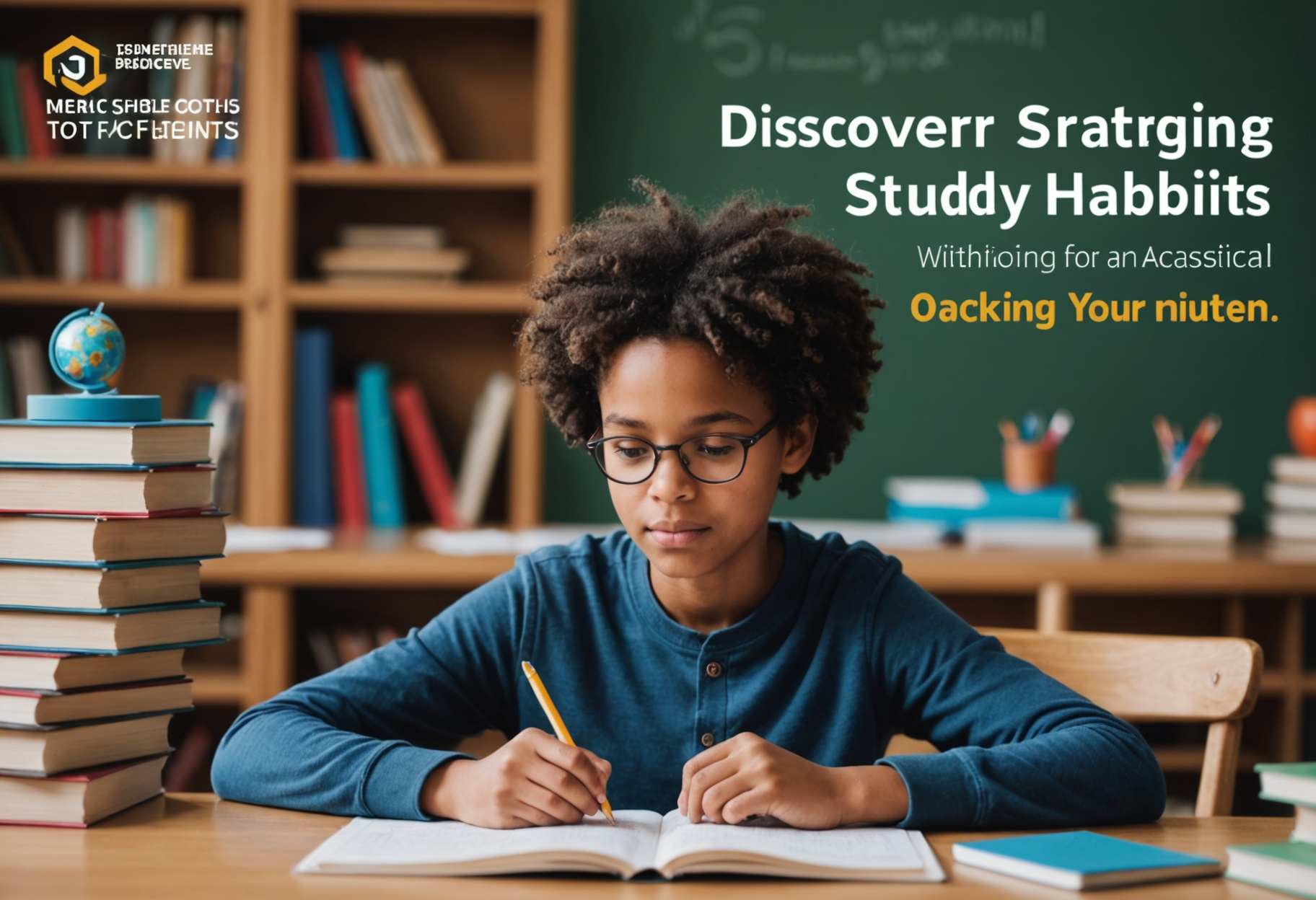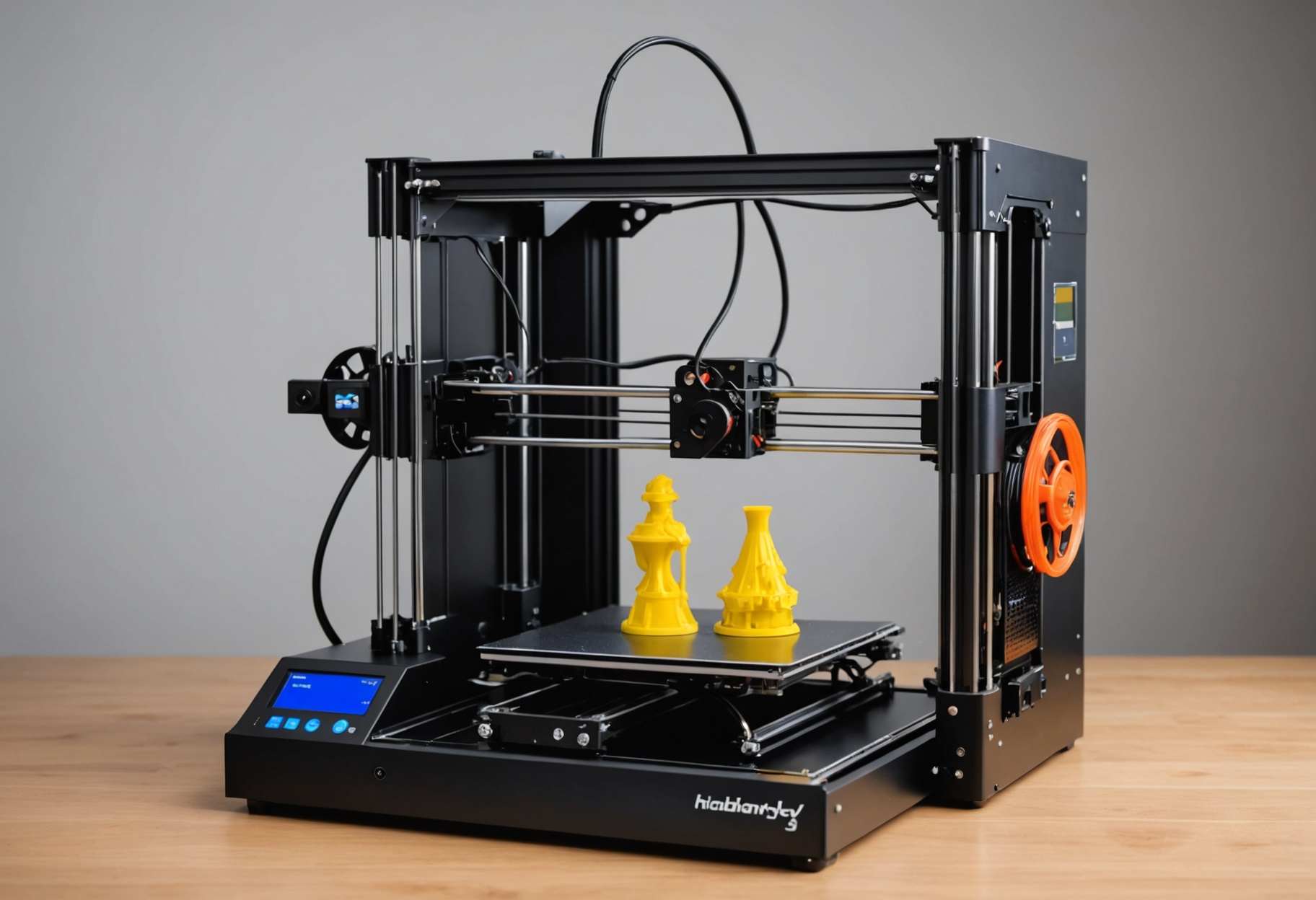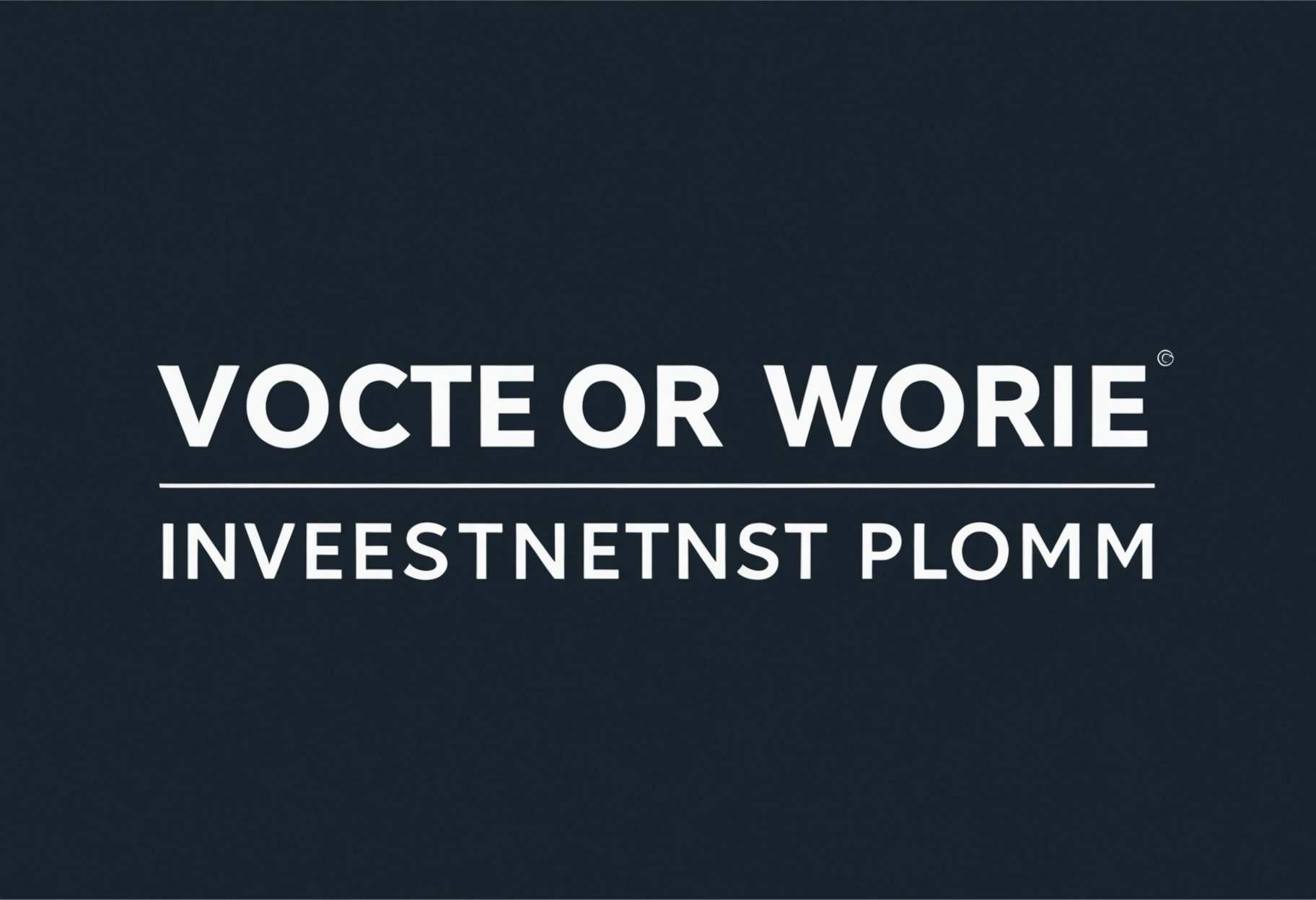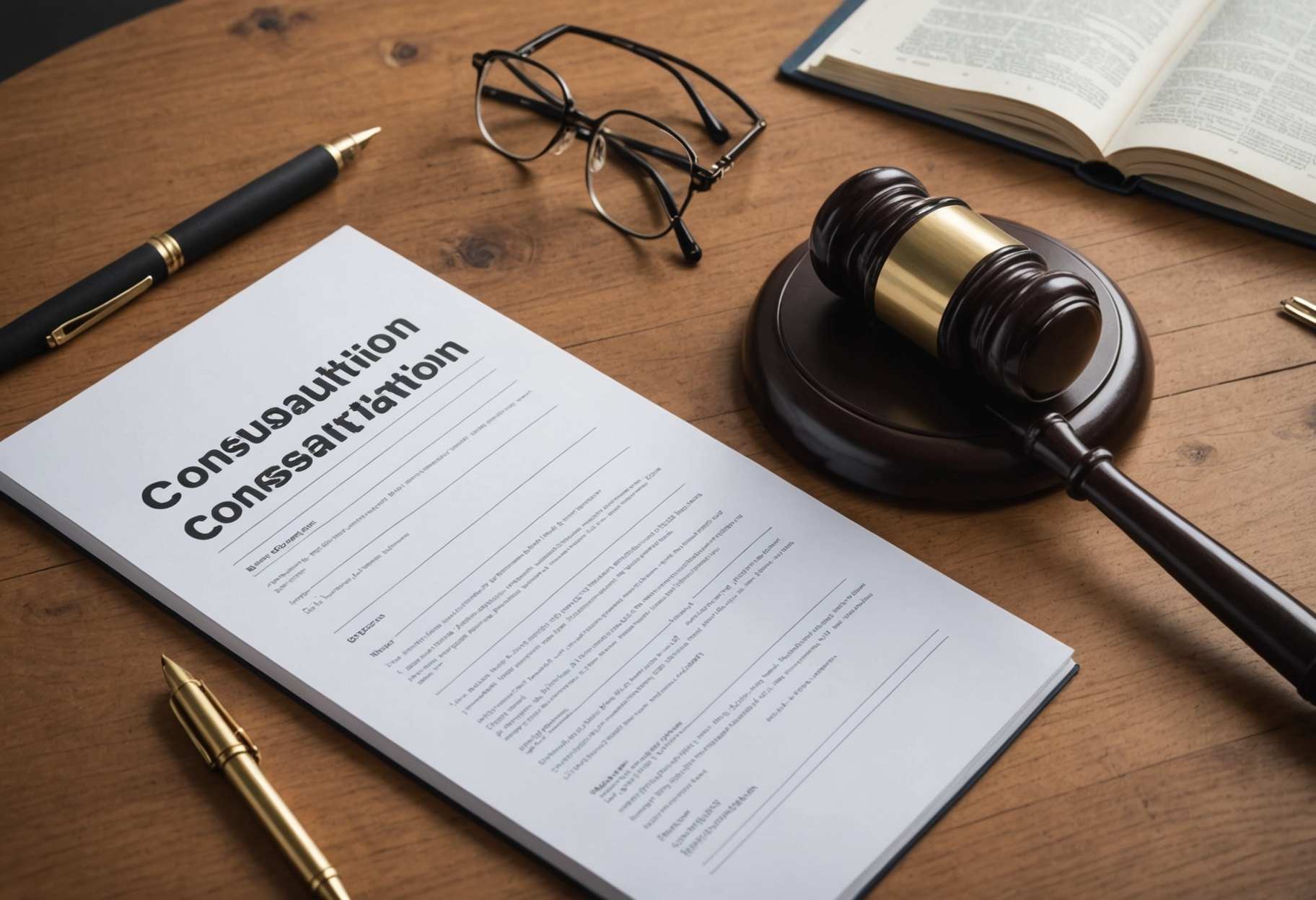Find the Techniques for Powerful Review Propensities: Opening Your Scholarly Potential

Viable review propensities are pivotal for improving getting the hang of, holding information, and making scholarly progress. By utilizing laid out procedures and methods, understudies can understand their scholastic capacities and succeed in their examinations. This article analyzes different procedures that cultivate successful review propensities, empowering understudies to advance their growth opportunities and meet their instructive targets.
**Time Management:**
Viable time usage fills in as the foundation of fruitful research. Foster a review plan that assigns explicit times for different subjects and errands. Focus on tasks that are testing or of high significance, breaking them into reasonable sections. Put forth reasonable objectives and lay out a normal that consolidates standard review meetings. By successfully dealing with your time, you can forestall tarrying and guarantee steady advancement in your examinations.
**Make a Useful Report Environment:**
Relegate a peaceful, sufficiently bright, and coordinated concentrate on region that limits interruptions. Take out expected interferences, for example, electronic gadgets or clamor, that could upset your focus. Tailor your review climate to your inclinations \x1 a few understudies flourish in complete quietness, while others benefit from delicate ambient sound. A helpful report climate can fundamentally improve focus and efficiency.
**Dynamic Learning:**
Use dynamic learning techniques that include active commitment, for example, summing up data in the most natural sounding way for you, seeking clarification on pressing issues, or instructing ideas to other people. Effectively interfacing with the material cultivates further grasping, maintenance, and decisive reasoning. Take notes, make idea guides, and utilize mental aides to support learning and lay out associations among various subjects.
**Use Powerful Review Techniques:**
Explore different avenues regarding different review strategies to distinguish what turns out best for you. Strategies like the Pomodoro Procedure (working so, engaged blasts followed by standard breaks) or the Feynman Strategy (making sense of ideas in straightforward terms) can further develop understanding and maintenance. Practice self-testing, consistently audit earlier material, and effectively look for explanation when vital.
**Break Complex Assignments into More modest Parts:**
Handling huge or perplexing assignments can overwhelm. Deteriorate them into more modest, more sensible segments. Focus on each part in turn, finishing it prior to advancing to the following. This technique eases pressure, helps inspiration, and gives a pride as you complete each subtask. Recognize little triumphs to keep up with inspiration and energy.
**Use Innovation and Study Resources:**
Influence innovation and accessible review assets to reinforce your learning endeavors. Online devices, instructive applications, and computerized assets can offer advantageous clarifications, practice works out, and drawing in happy. Search out financial assets, reading material, and insightful articles appropriate to your subjects. Join concentrate on gatherings or take part in web-based gatherings to take part in conversations and trade information with peers.
**Taking care of oneself and Well-being:**
Put accentuation on taking care of oneself and prosperity to support a fair and solid review routine. Guarantee satisfactory rest, consume nutritious feasts, and participate in standard actual work to advance ideal mind capability. Enjoy reprieves and include yourself in agreeable exercises to unwind and re-energize. Connect for help from companions, family, or guides on a case by case basis, and practice pressure the executives procedures, like profound breathing activities or reflection.
By taking on successful review propensities, understudies can open their scholarly potential and succeed in their examinations. Using time effectively, laying out a useful report climate, taking part in dynamic getting the hang of, using viable review methods, separating complex undertakings, utilizing innovation and study assets, and focusing on taking care of oneself and prosperity are systems that improve learning results. Keep in mind, creating successful review propensities is a deep rooted expertise that can be constantly refined and adjusted to fulfill developing scholastic needs. By applying these methodologies, you can expand your learning potential, accomplish scholarly achievement, and prepare for long lasting learning.
**Time Management:**
Viable time usage fills in as the foundation of fruitful research. Foster a review plan that assigns explicit times for different subjects and errands. Focus on tasks that are testing or of high significance, breaking them into reasonable sections. Put forth reasonable objectives and lay out a normal that consolidates standard review meetings. By successfully dealing with your time, you can forestall tarrying and guarantee steady advancement in your examinations.
**Make a Useful Report Environment:**
Relegate a peaceful, sufficiently bright, and coordinated concentrate on region that limits interruptions. Take out expected interferences, for example, electronic gadgets or clamor, that could upset your focus. Tailor your review climate to your inclinations \x1 a few understudies flourish in complete quietness, while others benefit from delicate ambient sound. A helpful report climate can fundamentally improve focus and efficiency.
**Dynamic Learning:**
Use dynamic learning techniques that include active commitment, for example, summing up data in the most natural sounding way for you, seeking clarification on pressing issues, or instructing ideas to other people. Effectively interfacing with the material cultivates further grasping, maintenance, and decisive reasoning. Take notes, make idea guides, and utilize mental aides to support learning and lay out associations among various subjects.
**Use Powerful Review Techniques:**
Explore different avenues regarding different review strategies to distinguish what turns out best for you. Strategies like the Pomodoro Procedure (working so, engaged blasts followed by standard breaks) or the Feynman Strategy (making sense of ideas in straightforward terms) can further develop understanding and maintenance. Practice self-testing, consistently audit earlier material, and effectively look for explanation when vital.
**Break Complex Assignments into More modest Parts:**
Handling huge or perplexing assignments can overwhelm. Deteriorate them into more modest, more sensible segments. Focus on each part in turn, finishing it prior to advancing to the following. This technique eases pressure, helps inspiration, and gives a pride as you complete each subtask. Recognize little triumphs to keep up with inspiration and energy.
**Use Innovation and Study Resources:**
Influence innovation and accessible review assets to reinforce your learning endeavors. Online devices, instructive applications, and computerized assets can offer advantageous clarifications, practice works out, and drawing in happy. Search out financial assets, reading material, and insightful articles appropriate to your subjects. Join concentrate on gatherings or take part in web-based gatherings to take part in conversations and trade information with peers.
**Taking care of oneself and Well-being:**
Put accentuation on taking care of oneself and prosperity to support a fair and solid review routine. Guarantee satisfactory rest, consume nutritious feasts, and participate in standard actual work to advance ideal mind capability. Enjoy reprieves and include yourself in agreeable exercises to unwind and re-energize. Connect for help from companions, family, or guides on a case by case basis, and practice pressure the executives procedures, like profound breathing activities or reflection.
By taking on successful review propensities, understudies can open their scholarly potential and succeed in their examinations. Using time effectively, laying out a useful report climate, taking part in dynamic getting the hang of, using viable review methods, separating complex undertakings, utilizing innovation and study assets, and focusing on taking care of oneself and prosperity are systems that improve learning results. Keep in mind, creating successful review propensities is a deep rooted expertise that can be constantly refined and adjusted to fulfill developing scholastic needs. By applying these methodologies, you can expand your learning potential, accomplish scholarly achievement, and prepare for long lasting learning.
Share this article
 6 Shades Brands For Seniors
6 Shades Brands For Seniors Well known Travel Booking Locales: What's Your Pick?
Well known Travel Booking Locales: What's Your Pick? Extraordinary Shows to Long distance race on a Plane
Extraordinary Shows to Long distance race on a Plane Instructions to Augment the Presentation of Your Kona SUV
Instructions to Augment the Presentation of Your Kona SUV Top 20 Wellbeing and Wellness Applications for a Sound Way of life
Top 20 Wellbeing and Wellness Applications for a Sound Way of life Manual for Shrewd Home Lighting Framework: Lights up Your Space
Manual for Shrewd Home Lighting Framework: Lights up Your Space Remote Work Survival reference: Helping Efficiency at Home
Remote Work Survival reference: Helping Efficiency at Home Vote In favor of Your Favored Web-based Venture Stage
Vote In favor of Your Favored Web-based Venture Stage A Manual for Pick Great Lawful Discussion Administrations For New businesses In 2024
A Manual for Pick Great Lawful Discussion Administrations For New businesses In 2024













